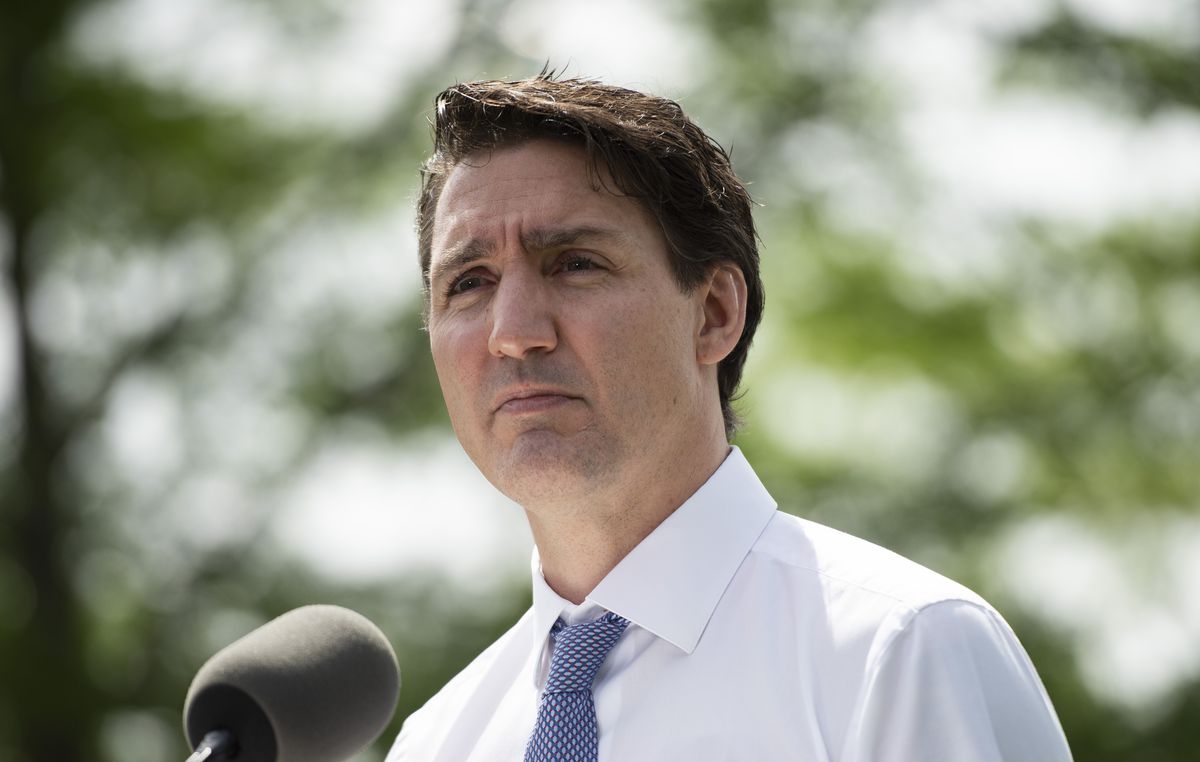Robert Fife, Steven Chase
Published:July 5, 2021
-The Globe and Mail
A U.S. data software company that runs Liberal digital voter outreach has been paid $1-million from parliamentary funds since 2016 to exclusively handle constituency case work for party MPs, raising more questions about whether taxpayer dollars are being used for election-related activities.
House of Commons rules require MPs to use taxpayer resources for parliamentary purposes only and not to subsidize the operations of political parties or re-election campaigns.
The Globe and Mail reported last month that NGP VAN, a political-campaign software company used by the U.S. Democratic Party, has received payments from the Liberal Research Bureau (LRB) and separately from the office budgets of Liberal MPs, which the party says are strictly for constituency business.
Payments have also been received by Data Sciences, a Montreal-based company that oversees the Liberal Party’s digital operations during elections. In campaigns, Data Sciences works with NGP VAN on digital election activities. The Globe recently reported that both companies are working together on constituency business for Liberal MPs.
Now, a contract with NGP VAN shows the company is being paid US$13,500 a month from the LRB, a taxpayer-funded office that supports Trudeau government MPs. The Conservatives, Bloc Québécois and NDP have comparable groups.
The contract, a copy of which was obtained by The Globe, places more scrutiny on whether voter identification and outreach is also being conducted and what role Data Sciences plays in helping Liberal MPs manage NGP VAN software.
Data Sciences also provides technical support for Liberalist, a modified version of NGP VAN VoteBuilder software used by the Democrats during U.S. election campaigns. The Liberal Party licenses and manages this software to run its powerful voter-contact database.
Data Sciences is owned by Tom Pitfield, a childhood friend of Prime Minister Justin Trudeau and the party’s chief digital strategist during elections. Mr. Pitfield’s wife, Anna Gainey, was Liberal Party president from 2014 to 2018.
Melissa Cotton, managing director of the LRB, said Data Sciences is being paid to provide “support and technical guidance to MPs’ offices” in using NGP VAN software for constituency casework.
However, the contract makes no mention of Data Sciences and explains in detail the technical support that NGP VAN provides, including being on call from 9 a.m. to 8 p.m. to handle any problems. The contract also says the U.S. software company provides training to users.
“It’s really a bit of mystery why Data Sciences and Mr. Pitfield are involved beyond the fact of the close relationship between the Prime Minister and Mr. Pitfield and the work that Data Sciences does for the Liberal Party,” Conservative ethics critic Michael Barrett said.
Ms. Cotton declined to offer an explanation for why Data Sciences was not mentioned in the contract. Data Sciences was not immediately available for comment.
The LRB contract suggests NGP VAN may be doing more than just constituency case work for MPs. It says MPs can select “an individual survey question, activist code or early vote status,” and that software can be used by “canvassers and phone banks.”
The contract also says the Washington-based company can handle records in a shared database of up to 4.5 million people.
Ms. Cotton said NGP VAN’s Liberalist is completely separate from the constituency casework the company does for MPs.
She said activist code is simply the term “NGP VAN uses for form fields and categories across all of their products, which can help organize types of cases and correspondence.” She said MPs don’t use the software that identifies early voter status.
“It would also not be surprising to see general mentions of any software’s broader capabilities in contracts, even when that is not a focus for a client. Elections Canada does also provide the voters list to all parties’ members of Parliament every year to support engagement with constituents,” she said.
“And regarding phoning and going door to door, it is routine (in fact, encouraged) for MPs to be staying regularly in touch with constituents – whether it is to invite them to town halls or round tables, or to hear their input on legislation and the government’s work to deliver support for Canadians.”
Ms. Cotton added Data Sciences offers training for staff in Liberal MPs’ offices in both official languages, which NGP VAN is not able to do.
But Mr. Barrett accused the Trudeau Liberals of using taxpayers’ dollars to “directly or indirectly subsidize the political operations of the Liberal Party.”
He said it is odd that NGP VAN’s software is being licensed exclusively to LRB in Canada if it is only doing constituency case work.
“It would be immaterial to me if the company I used to manage my constituency case work [also] provided their software to Bloc MPs or Liberals MPs or Green MPs,” he said. “If it’s not political, why is their exclusivity that applies only to political affiliation.”
Commons expense records show LRB paid more than $75,000 to Data Sciences Inc. in the period between Aug. 1, 2019, and Oct. 1, 2020.
As The Globe reported in late June, Liberal MPs claimed a total of $74,290 in payments to NGP VAN in their fourth-quarter expense reports for the 2020-21 fiscal year. The amount MPs collectively claimed for payments to Data Sciences was more than $30,000.




